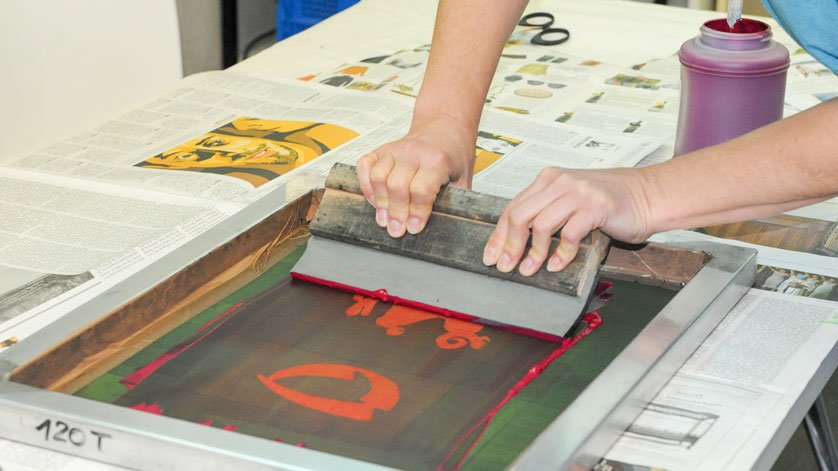
The workplace brings together people from different generations. Each age group has a unique perspective, and sometimes they exhibit work habits that can be confusing. Young employees often encounter this situation, especially when working with older Baby Boomer colleagues.
Working with Baby Boomers requires a great deal of patience, and we younger employees can sometimes feel frustrated. Nevertheless, we really appreciate their experience and hard work. But some work habits can be maddening. A new study clearly highlights this issue. It’s not just about having different ideas; we disagree on how to complete work tasks.
Old-school technical habits seem rooted in history, and communication styles can confuse our thinking. These generational gaps lead to daily work hassles. Let’s explore why the report points out that younger employees dislike these habits—you might find some of these situations familiar.

The rapid advancement of technology is undeniable. However, some seemingly simple computer operations have become increasingly complex, which can be frustrating. The report highlights this significant gap. This represents a fundamental difference for people.
When colleagues need help handling emails or simply using their phones correctly, you can’t help but sigh. Young people are very familiar with technology. It is hoped that everyone can use new technologies, as this would improve work efficiency. Young employees providing assistance can take up work time, so appropriate training can easily resolve these issues.
The dreaded “Reply All” button. When used properly, it is very powerful. But when used improperly, it sends out a large number of emails. This can flood your inbox with spam and cause complete chaos online.
The report notes that Baby Boomers use it very frequently. They overuse the “Reply All” feature. For every email they receive, most of them click it. Even if not everyone needs it, our email habits differ.
We prefer personal communication for work, and sending business content to everyone is inappropriate. This quickly fills up inboxes and distracts attention from important matters. This habit wastes a lot of time and creates noise.

Additionally, receiving a phone call while using chat, email, or other tools can be disruptive. This is especially true on mobile devices, where it can suddenly interrupt our work. Surveys indicate that this is a significant issue.
Some people have clearly pointed out the problem. “They don’t check your calendar.” “I’ve been in meetings all day.” Unplanned calls feel like demands.
Another person explained why they make calls. They said it’s simpler. “No, you’re too lazy to type.” “Now I’ll write it down.” “There’s no record.” “If it’s wrong, they’ll blame you.” In fact, the lack of a written record can lead to some follow-up issues.

There is so much information available online nowadays that it is easy to find answers on your own. However, when others ask questions, we often feel confused. This is because they could easily look it up themselves but choose to take up our time instead. Surveys show that this often frustrates many people.
Surveys indicate that baby boomers tend to take up young people’s time.They ask questions that can easily be found online. Some people say, “They ask technical questions that can be Googled.” This isn’t just basic computer knowledge. It also involves company policies or how simple programs work.
Young people have been exposed to the internet since childhood, so our first instinct is to search. This is a basic digital skill in today’s world and can also improve work efficiency. Being asked questions feels like a waste of time, and you become a living search engine. They know you can provide this information.

Workplace language changes over time. Older people today use words that sound strange. Some words sound too intimate, you know. Others are actually passive-aggressive. This happens all the time in the office. Some people have complained about it in surveys.
Georgia was one of the people quoted, and she finds old-fashioned words frustrating. Some baby boomers still use these words every day. Her main issue is with words like “loves.” Or they might say “dear” to you. These words may be meant to be friendly, but they often come across as condescending. Or they can seem overly familiar when used by a superior.
Younger employees prefer direct communication, and we also want to maintain professionalism. We don’t want to use cute or unusual words. Saying “love” or “dear” feels inappropriate, especially when spoken by a colleague. This reflects the different communication styles in the workplace.

Some people stubbornly choose to print everything, especially the elderly. This worries young employees because it is not good for the environment. Young people prefer digital files.
Lacey, who works in an office, is troubled by this. She asks why everything has to be printed out, as it doesn’t feel right for the environment. Nowadays, online file storage is very powerful, so there is no need for paper copies. Furthermore, paper is inefficient, while digital files are searchable and quick to access.

Now let’s discuss the issue of meetings. We have already discussed the use of technology. In the survey, Amy mentioned that meetings cause problems. She doesn’t like how everything seems too formal when she is with older people, as if every little issue requires a formal meeting.
Amy bluntly stated, “Why does everything have to be a formal meeting?” She feels that they like to make the meeting room seem dull, and that younger people prefer to use instant messaging and other quick communication methods.Scheduling lengthy meetings for simple tasks is cumbersome. It slows down progress and adds unnecessary structure to simple issues.
This does reflect fundamental differences in work styles. Some people prefer structured, formal meetings. They value the ritual of meetings, while others prioritize speed and efficiency. They tend to favor agile approaches to communication and teamwork. This has nothing to do with the subject of the meeting itself.
Related posts:
8 Top Reasons Gen Zers and Millennials Despise Working with Boomers
All the things Boomers do that Millennials hate. Full stop.
20 Things Millennials Have Been Killing Off in the Last Decade




